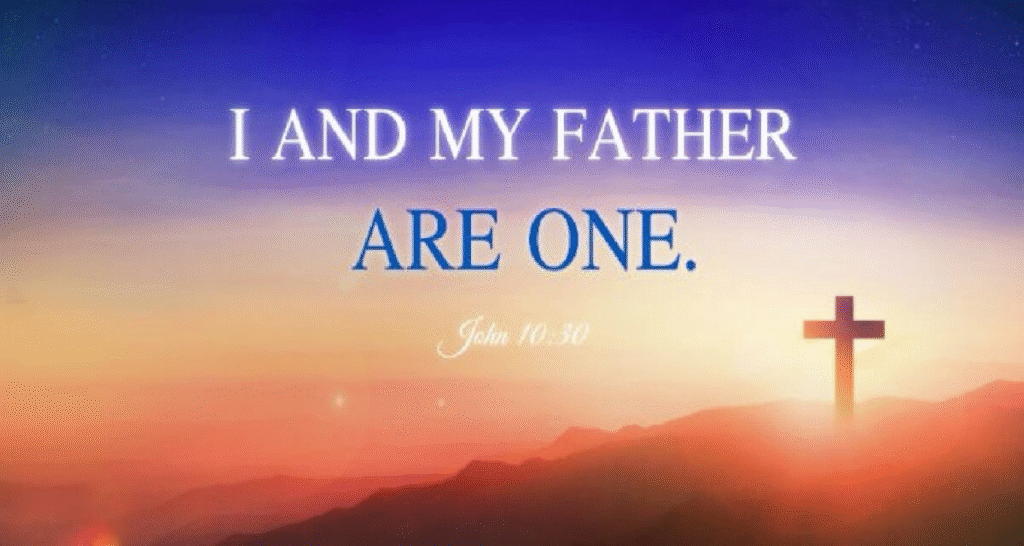“Consequently, when Christ came into the world, he said, “Sacrifices and offerings thou hast not desired, but a body hast thou prepared for me.”
Hebrews 10:5 (RSV)
God, the Father, deliberately planned to send us a Savior who would have a human body of flesh and blood. God sent the Holy Spirit to overshadow Mary’s womb and a body was created from her DNA, through the power of the Holy Spirit.
The eternal Word became flesh and inherited many of her traits and physical features. Jesus probably resembled His mother, and had her blood type. So there He was, the visible Son of God, fully divine because of the Holy Spirit and fully human because of the mother God created to bear Him. God deserves praise for the miracle of the incarnation.
After God’s Son was clothed in a human body, with that body, He touched and saved the world. The body that God gave Him, served a twofold purpose, to save us, and to express God’s love for us.
Most of the miraculous healings Jesus performed, involved Him touching others or being touched by others. Every miracle Jesus did could have been done by the Spirit of an invisible God, but He chose to do it through His son. The body of Jesus made it possible for people to personally encounter Him physically.
He let His feet get washed with a woman’s tears of gratitude. He allowed His head to be lovingly bathed in a costly, fragrant oil. His arms held little children on His lap, talking and laughing with them. With His body, God became very approachable and comfortable to all. He engaged with friends and strangers, hugging, laughing, putting His arms around them, warmly touching all who were with Him.
God intended for His son to be more than a leader or a public speaker, He intended to draw people close to His heart, using physical touch. With His hands He touched the eyes of the blind, the ears of the deaf, the tongue of the mute and they were all restored. He touched the hand of a little dead girl, and she rose from the dead. He touched lepers, who were alienated and touched by no one, and they were all healed.
His hands did more than heal physically, they healed mentally and spiritually, transforming lives, and changing calloused hearts. He healed and delivered the oppressed and broken, drawing certain ones to become His own disciples. When someone was touched by Jesus, they were never the same, which has not changed in the lives of people today.
Without having a human body, these moments of touching, feeling, healing and setting free, would not be as beautiful. His hands brought so much love, joy, wholeness and healing, and His feet walked toward all those who were forgotten or cast out. He resisted the proud and haughty, but gave grace to the humble.
The hands and feet that changed so many lives, were eventually pierced with nails. The head that searched for the least among us, was crowned with thorns. God, the Father prepared His body for us, to express His own heart through the human body of His son. Divine planning was invested in every detail.
In other words, Jesus’ body was God’s love letter to us in the flesh. His greatest expression of love, and His desire for intimacy was written through everything Jesus said and did. A love letter requires a response and God is patiently waiting for many more responses.
We may have missed out in being among those who physically enjoyed a hug or a touch by Jesus, since we weren’t there, but the same love, mercy and grace is available to us now. He is the same yesterday, today and forever, and is spiritually still touching people today.
Lord, thank you for all the thought, love and planning you put into preparing the body of Jesus just for us. Amen











